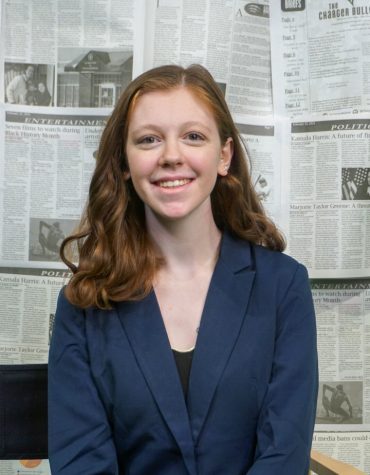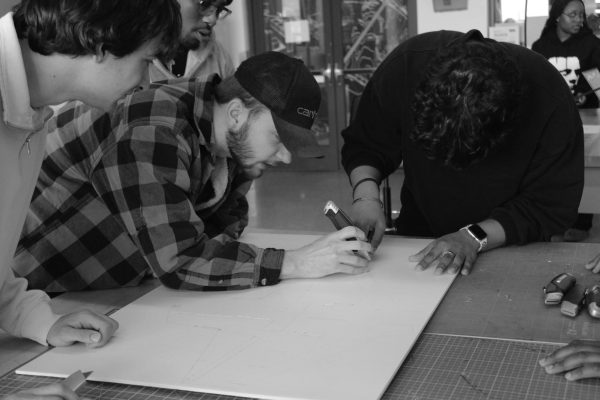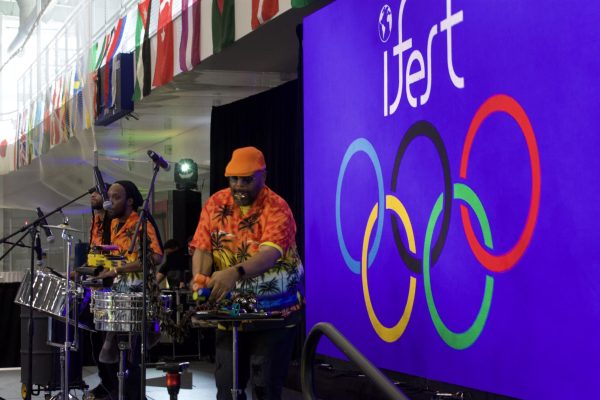Sexual Assault Awareness Month is coming to an end, support is ongoing
Since originating in 2001, April has been nationally observed as Sexual Assault Awareness Month (SAAM). It is a time used to learn about the long history of the movement, to show support and help to encourage a positive change.
On April 1, the Dean of Students Office released an email informing students of the history of SAAM, details of the university’s sexual harassment and misconduct policies, university resources and information on events that will be held throughout the month.
The email stated that the Dean of Students Office and the Myatt Center for Diversity and Inclusion are hoping students attend the events as a way to, “bring awareness and educate others about the steps being taking to prevent sexual assault, harassment, and abuse and ways to create a safer culture on our campus.”
Some events included a reading of survivor stories hosted by Alpha Sigma Alpha, an open mic night “themed around trauma and survivorship,” SAAM tabling and educational Zoom discussions held by various university offices.
There has also been a 30 days of SAAM social media campaign on the Wellness.UNewHaven Instagram page. This campaign includes educational tips, community shout-outs and featured an “Anti-Street Harassment Week” from April 11 to 17.
Katarina Carroll, an intern at the Title IX Compliance Office said that even with the events being online, there has been a good student turnout.
“I think with a month as big as SAAM students are more inclined to learn and be involved in general,” said Carroll. “Unfortunately it is something that impacts universities greatly therefore students are just the right individuals to stand against it.”
According to Carroll, a way that students can show support to SAAM and their peers who are victims is by attending events centered around sexual assault awareness and making themselves aware of resources both on and off-campus.
“On campus, we have both confidential resources such as counseling, medical and the LiveSafe app, and nonconfidential such as university police and online reporting options,” she said.
Students can visit the ‘Resources for Survivor’s page on myCharger to learn more about the different on- and off-campus counseling opportunities, health services, the university’s Milford Rape Crisis Center advocate and numbers to different help hotlines.
“In general, the best way to support a survivor is to listen,” said Carroll. “Ask what they need in that moment and do your best to support decisions they make.”

Beth Beaudry is a senior majoring in communication with a double concentration in journalism and public relations, and a minor in English. This is her...






